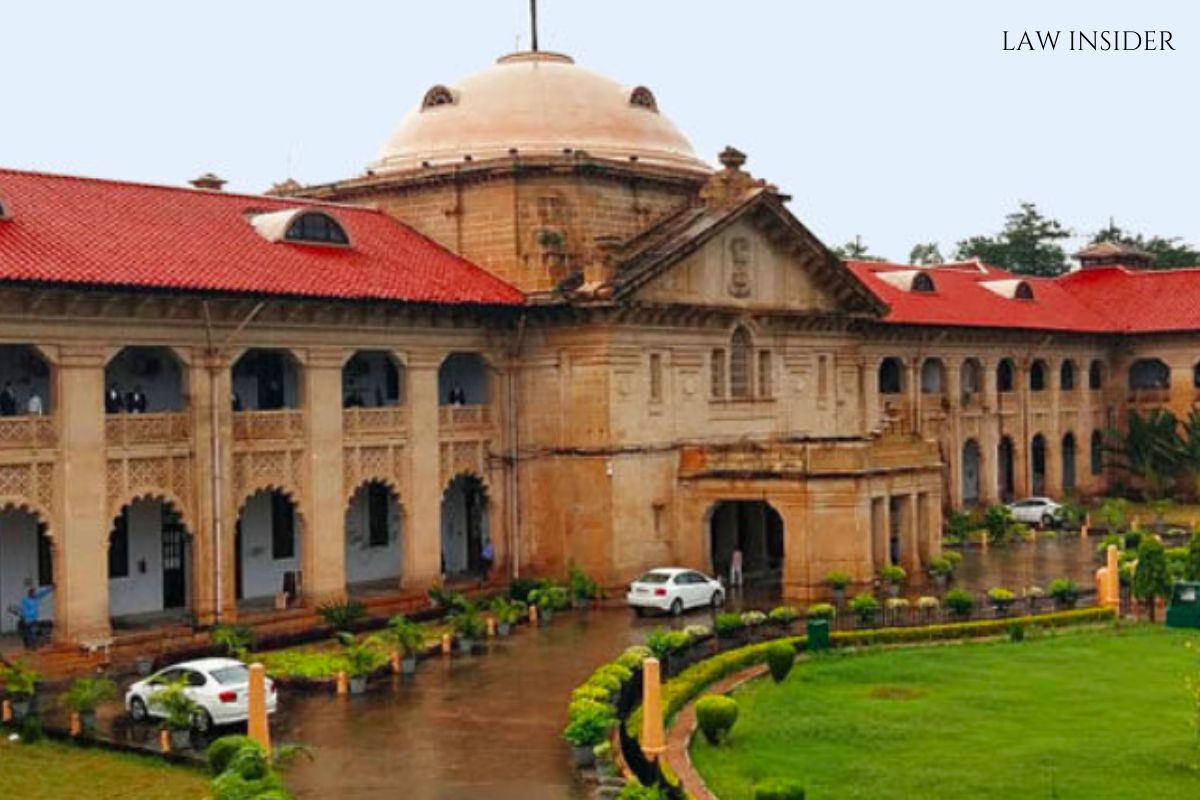LI Network
Published on: 14 September 2023 at 11:08 IST
The Allahabad High Court, Lucknow Bench, has underlined the significance of Section 210 of the Criminal Procedure Code (CrPC), which mandates that a Magistrate must suspend the proceedings of a case if the police are concurrently investigating the same incident.
This decision came in response to an application requesting a stay on proceedings in a complaint case involving Sections 498-A and 323 of the Indian Penal Code (IPC) and Section 4 of the Dowry Prohibition Act (D.P. Act) before the Civil Judge, along with the summoning order.
In the case before a Single Bench of Justice Shree Prakash Singh, the court found that the procedure outlined in Section 210 of the CrPC was not followed properly. This section specifies that if a case is initiated other than through a police report, and it becomes evident during the Magistrate’s inquiry or trial that a police investigation related to the same matter is underway, the Magistrate must halt the proceedings and request a report from the investigating police.
The court referred to the case of Abhijit Pawar v. Hemant Madhukar Nimbalkar and another, (2017) , to emphasize that the requirement for conducting an inquiry or directing an investigation before issuing a process is not a mere formality.
The Magistrate or court is required to conduct an “enquiry” separate from the trial, even though the specific mode or manner of the inquiry is not prescribed in Section 202 of the CrPC.
In this case, the complainant got married to the son of the applicant in 2012. When the applicant’s son left his wife in India and went to Saudi Arabia for work, issues arose within the family.
The complainant went to live separately and eventually returned to her parents’ home. In 2018, a complaint and an FIR were lodged, and the Trial Court summoned the applicant under Sections 498-A, 323 IPC, and Section 4 of the D.P. Act.
The applicants contended that two criminal proceedings had been initiated simultaneously, alleging that the Trial Court had violated the mandate of Section 202(1) of the CrPC.
The High Court, after hearing the arguments, found that the statement of the complainant and witnesses had been recorded under Sections 200 and 202 of the CrPC, but these statements did not contain any information about the genuineness of the accused or their addresses.
The court clarified that Section 202(1) CrPC dictates that if the proposed accused reside outside the territorial jurisdiction of the Magistrate, an inquiry or investigation is required unless the statements of witnesses or the complainant sufficiently establish the genuineness of the proposed accused.
The court emphasized that reasons should be recorded in the summoning order in complaint cases, and the absence of such reasons renders the order invalid. As the summoning order was not properly documented, it was set aside by the High Court.
Consequently, the matter was sent back to the trial court for the issuance of a fresh order within 45 days, and the application was allowed. The case title is “Mohammad Ayub Rizvi and Others v. Salma Khan and Another.”

